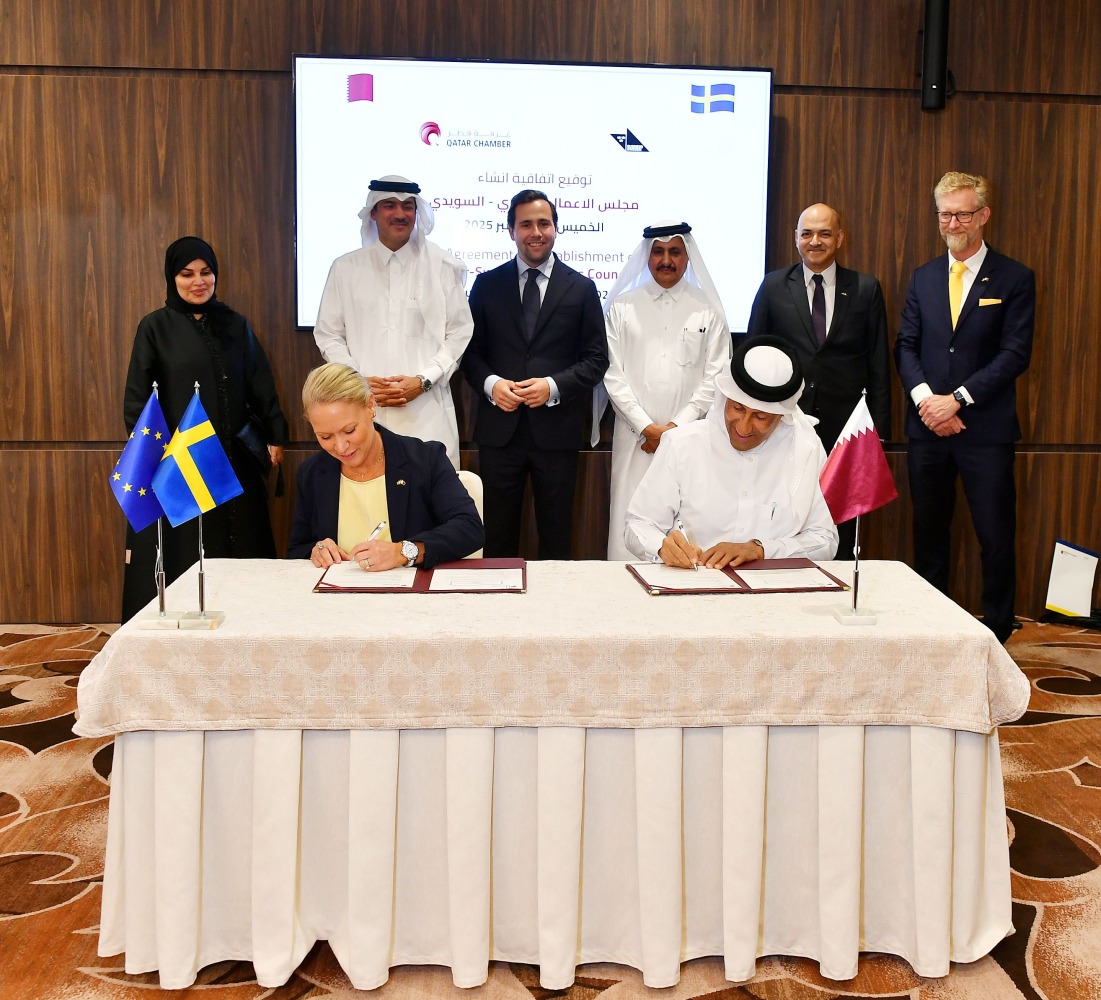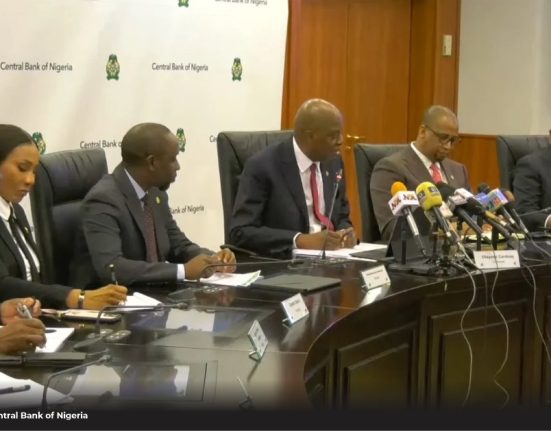In what appears to be a renewed chapter in diplomatic and economic engagement, Sweden’s Minister for International Development Cooperation and Foreign Trade, Benjamin Arif Dousa, has expressed optimism over strengthening ties with the State of Qatar. Speaking in an exclusive interview during his official visit to Doha, the Swedish minister highlighted promising opportunities for expanded cooperation, particularly in the areas covered by existing agreements between the two nations.
Dousa, who oversees Sweden’s international trade relations and development aid policies, stated that there are “clear prospects for even closer collaboration” with Qatar, building on the framework laid down by a series of memoranda of understanding (MoUs) signed during the landmark visit of His Highness the Amir, Sheikh Tamim bin Hamad Al-Thani, to Sweden in 2024.
That historic diplomatic engagement, which was widely covered by European and Gulf media outlets at the time, marked a significant turning point in bilateral relations between the Nordic country and the energy-rich Gulf state.
During the Amir’s visit, key MoUs were inked covering strategic sectors including sustainable development, innovation, renewable energy, education, technology transfer, and climate action—areas in which Sweden has long-standing global expertise. Dousa reaffirmed that both sides are now in active discussion to operationalize those agreements, with particular interest in sustainable energy solutions and green technology—a cornerstone of Sweden’s global economic identity.
He further noted that Qatar’s National Vision 2030, which outlines the country’s ambition to diversify its economy away from hydrocarbons, aligns well with Sweden’s own push for clean energy partnerships and knowledge-based economic cooperation. “There is a natural synergy between our goals,” Dousa said, adding that Sweden sees Qatar not only as a key trade partner in the Gulf but also as a potential collaborator on wider regional development initiatives.
Sweden, known for its robust welfare model, advanced technology sector, and leadership in climate policy, currently ranks among the top innovative economies in the world, according to the Global Innovation Index. Qatar, on the other hand, has been making significant investments in infrastructure, education, and green energy—efforts that have gained traction following major international events like the FIFA World Cup 2022, which placed the nation firmly on the global stage.
Minister Dousa’s remarks signal Sweden’s strategic intent to tap into the Gulf region’s fast-evolving economic landscape, with Qatar positioned as a pivotal player. Swedish firms have already begun exploring opportunities in the Qatari market, particularly in smart infrastructure and environmental technologies, areas where Scandinavian expertise is highly regarded.
The discussions in Doha are expected to pave the way for high-level follow-up visits and technical delegations aimed at turning diplomatic goodwill into concrete trade and development projects. With both countries committed to innovation and sustainability, the growing relationship could serve as a model for cross-regional collaboration in a multipolar global economy.







